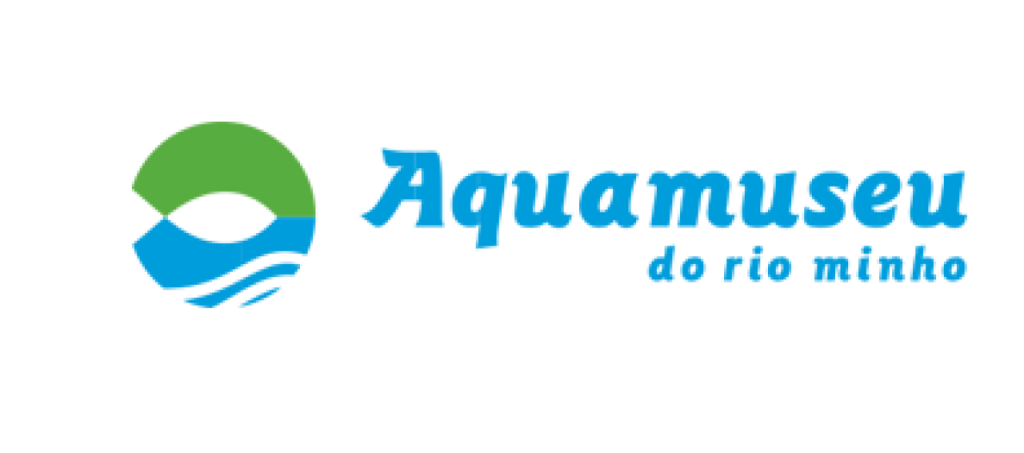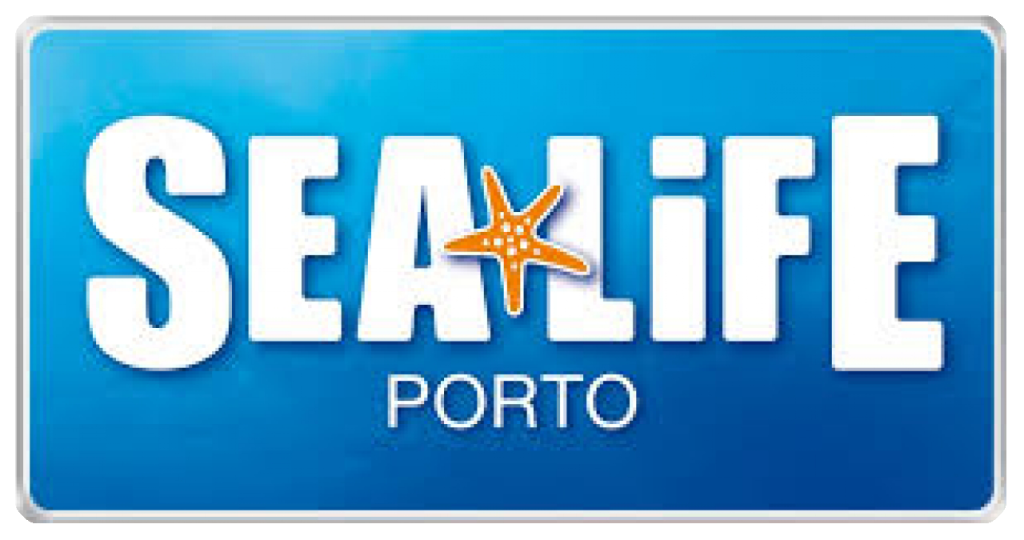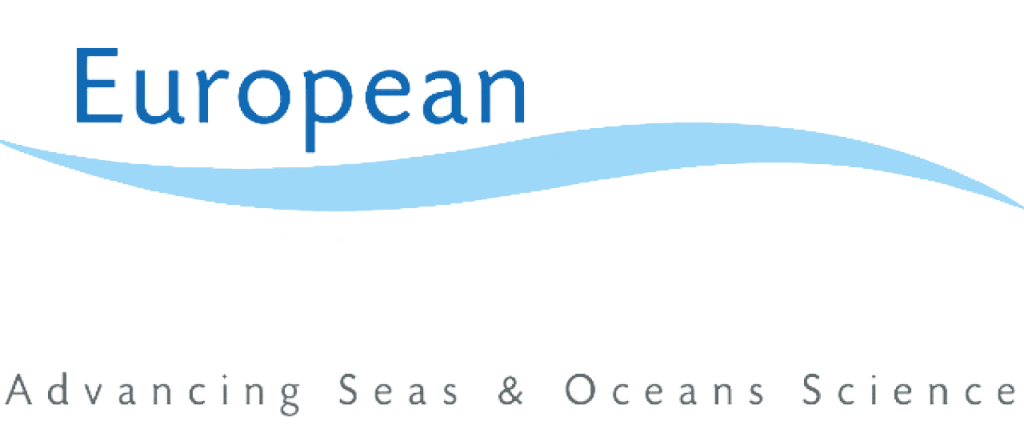Education & Outreach
Working together to promote ocean literacy
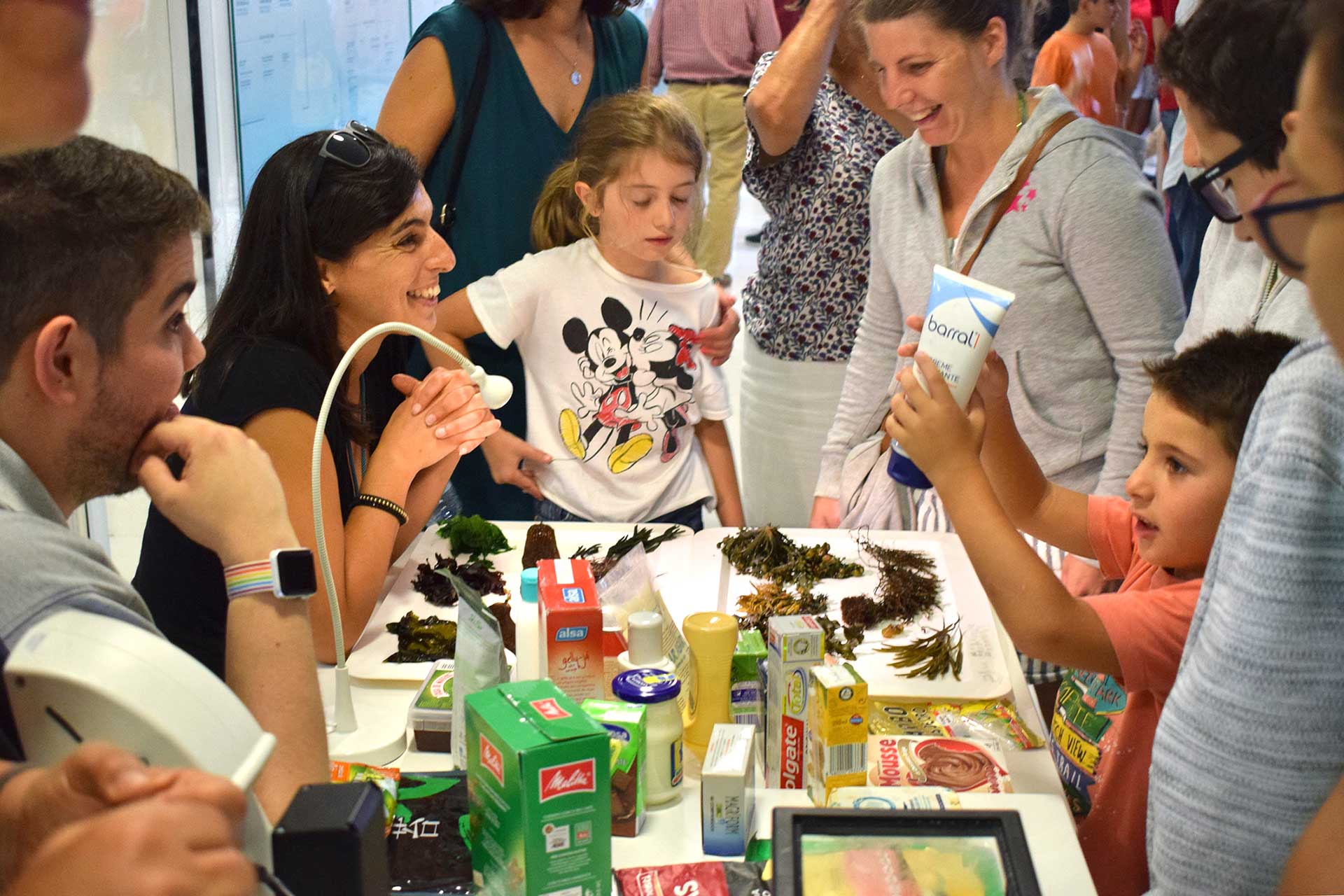
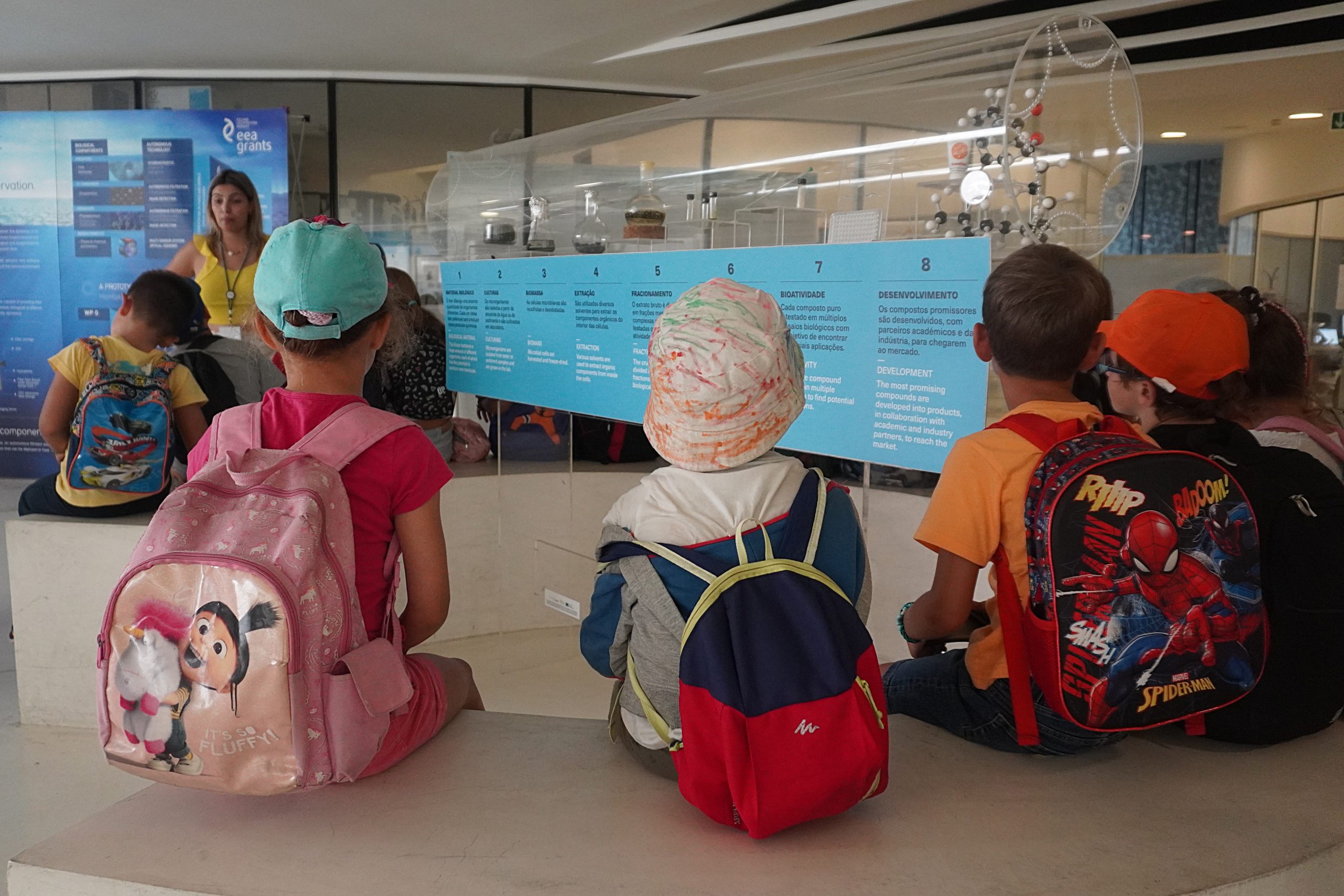
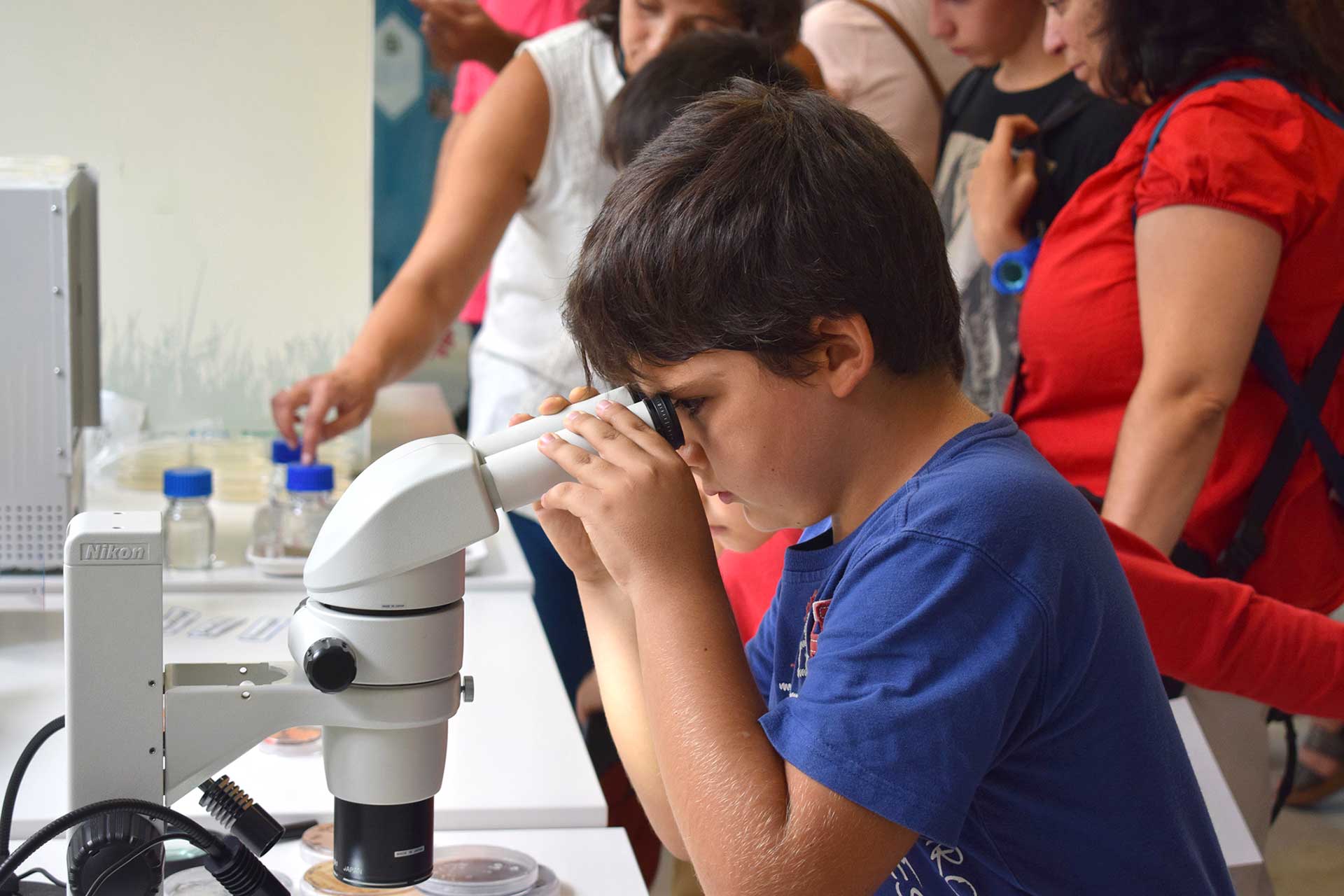
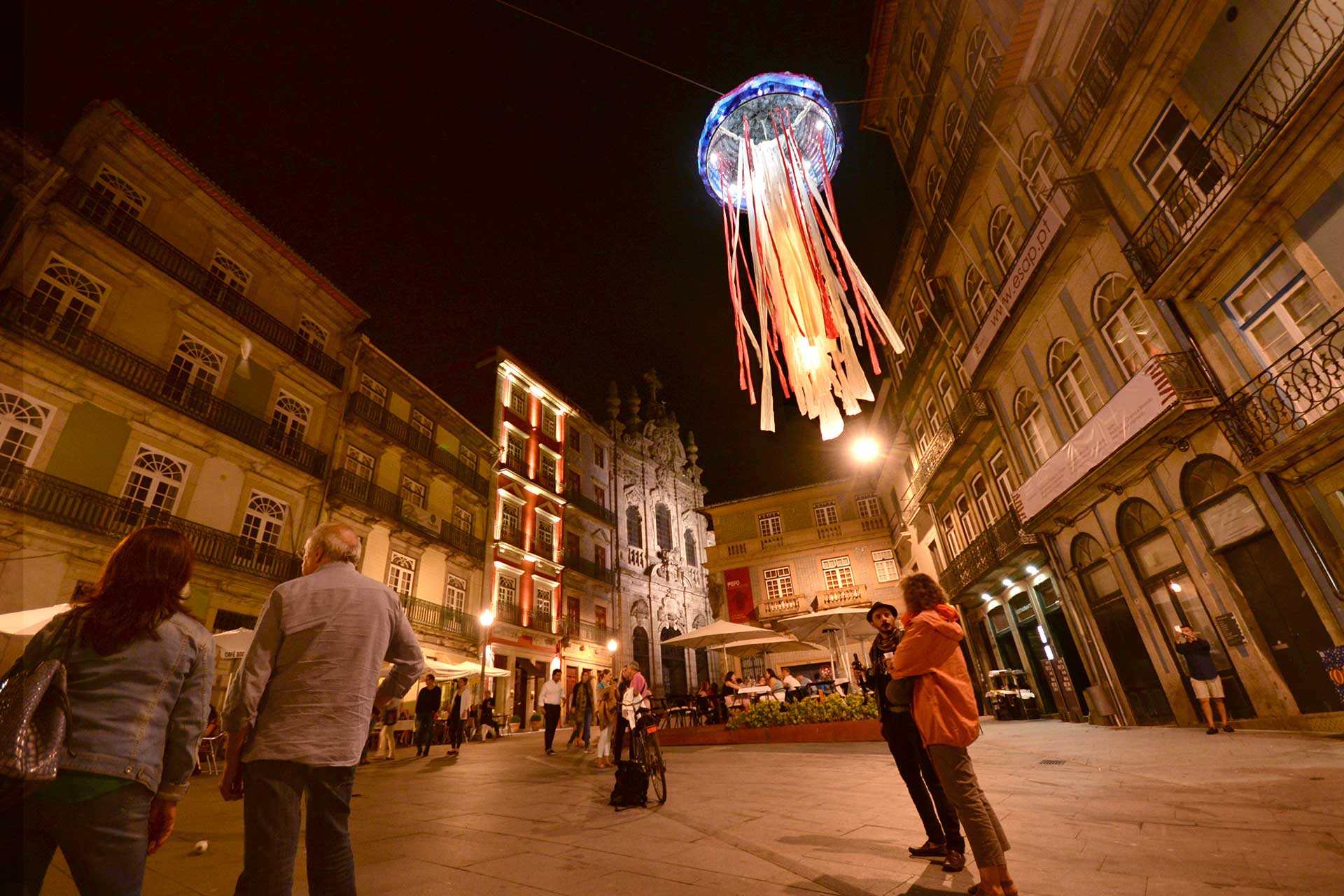
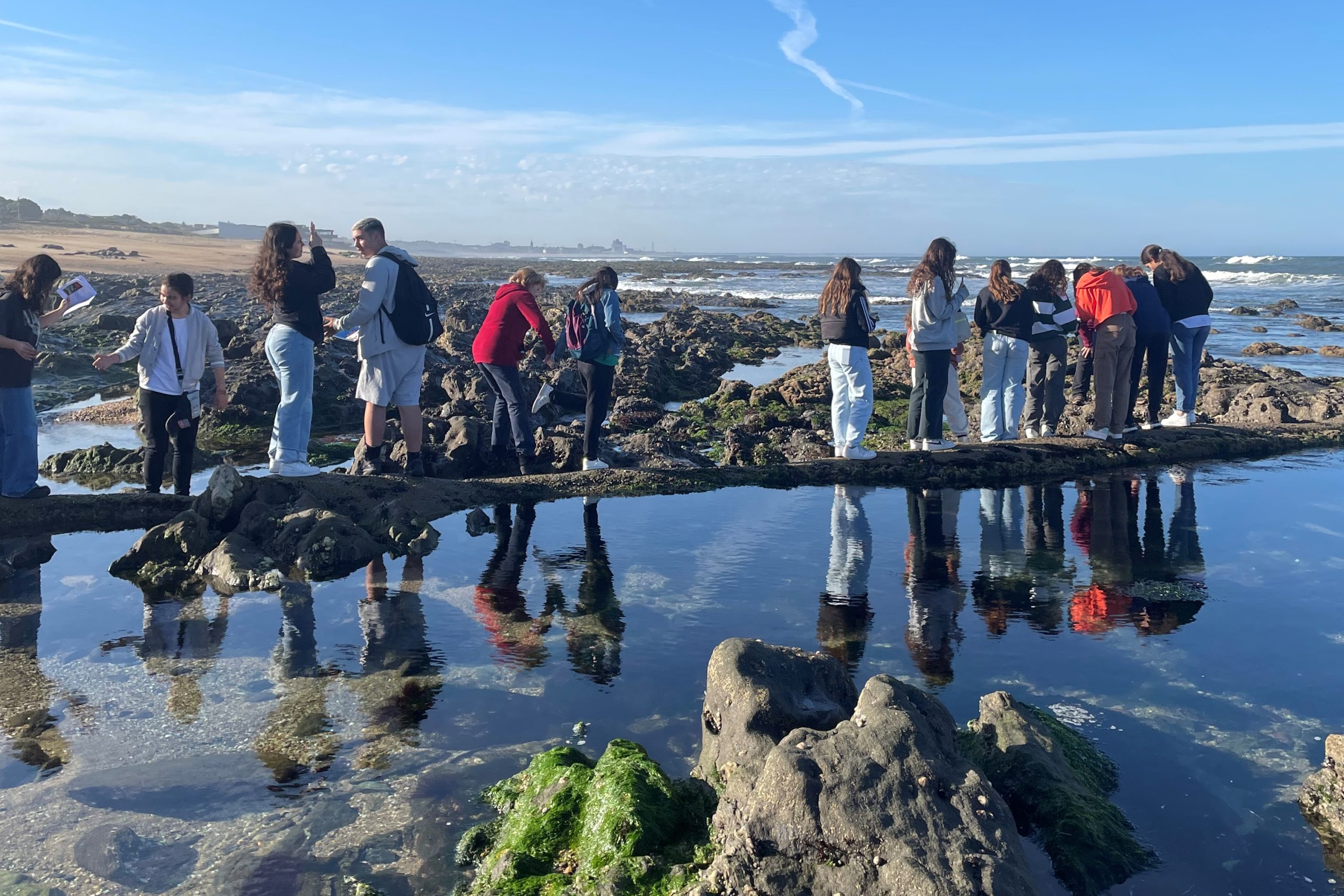
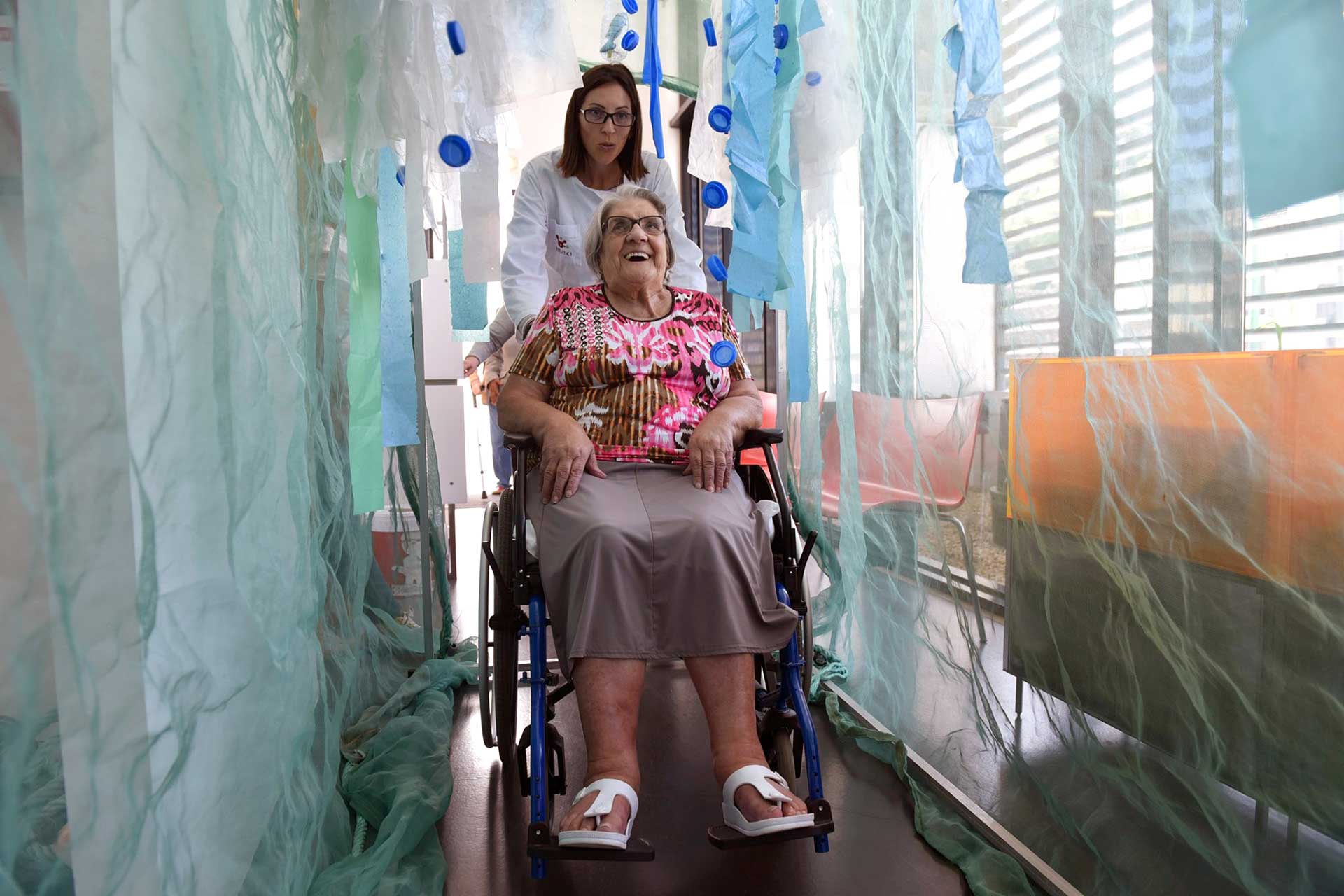
CIIMAR is responsible for the development and implementation of several Ocean Literacy campaigns and exhibitions, in order to improve the knowledge and public perception of science, aquatic biodiversity and conservation. CIIMAR participates in numerous public events and science communication displays aimed to promote the dissemination of research to society. CIIMAR Open Day, coinciding with Leixões Port Day, constitutes our major public dissemination event, with an average of 20.000 visitors.
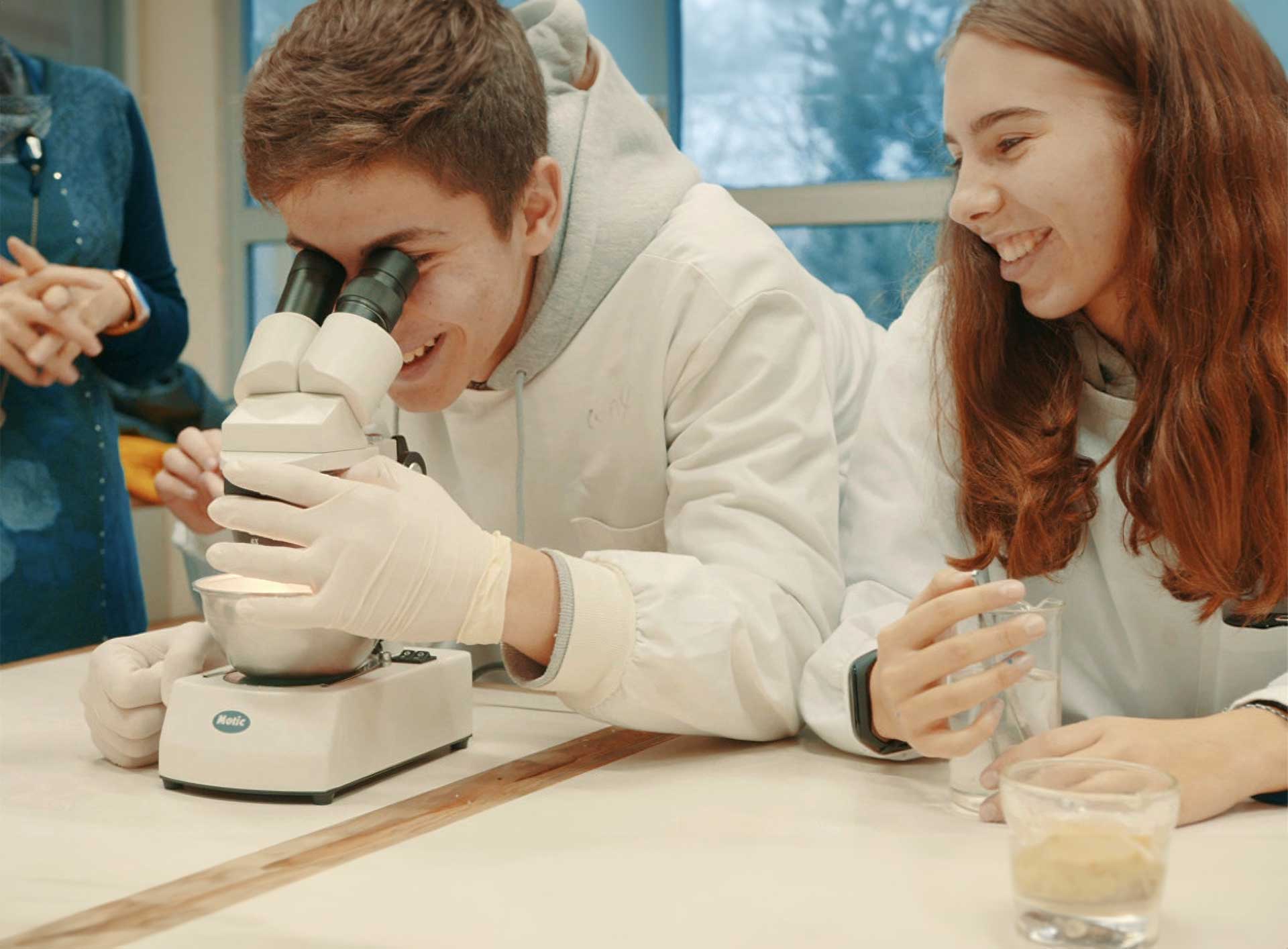
Educational Programme
CIIMAR is responsible for a broad educational offer, which includes guided visits to CIIMAR, lectures (presential or online), laboratory and field activities (e.g. beach cleaning and observation of intertidal biodiversity). All activities are available by booking in advance through the link below.
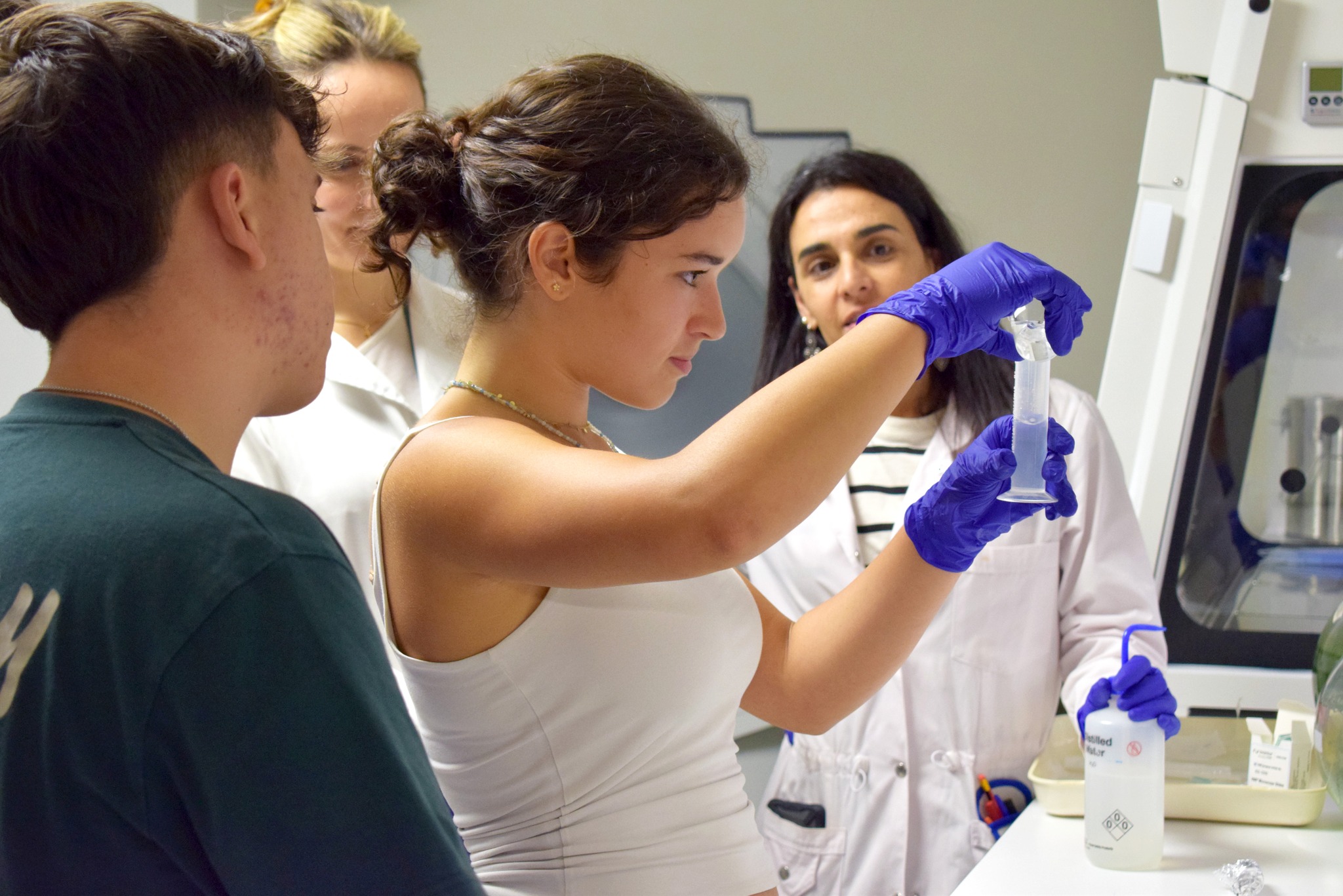
Job Shadowing Programme
Designed for secondary school students, this programme aims to promote a taste for science and encourage young people to choose scientific careers in the areas of Marine and Environmental Sciences, contributing to more informed decision-making about their professional future.
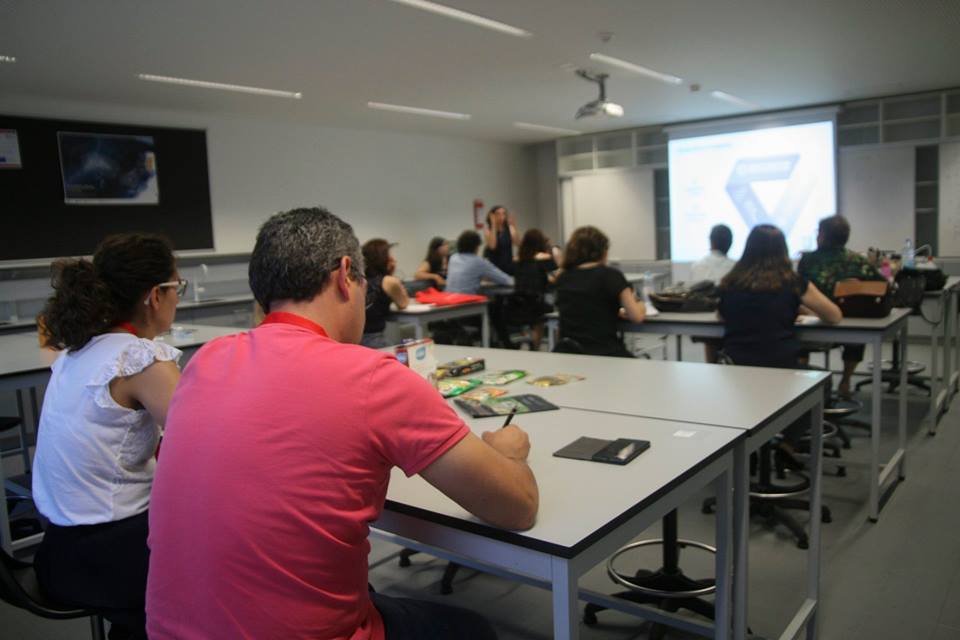
Teachers' Training
CIIMAR provides teacher training on diverse topics, empowering educators to promote Ocean Literacy in the classroom.
Training currently available:
Partnerships
Meet our partners
CIIMAR also develops science outreach activities with a variety of local partners at regional and international level.
CIIMAR is also responsible for the scientific management of two Environmental Monitoring and Interpretation Centres (CMIAs) through cooperation protocols with the City Councils of Vila do Conde and Matosinhos.
Aquamuseu do Rio Minho
The AQUAMuseu is located in Vila Nova de Cerveira, in the area of Castelinho. The Aquamuseu has more than 30,000 vistors per year and comprises an aquarium that shows the most characteristics biota of river Minho, from the river spring to the estuary, and a fisheries museum that exhibits old and contemporary fishing gear and memorabilia related to the relation of the population with the river through the times. Its Director, José Carlos Antunes, is a CIIMAR researcher, and CIIMAR has been collaborating in several activities promoted by the AQUAMuseum.
Câmara Municipal do Porto
Câmara Municipal do Porto (CMP) is the public local authority of the city of Porto. Beside others measures and actions, CMP supports science education projects at schools, promoting contacts between researchers and students, through partnerships with laboratories and investigation centers. CIIMAR is involved in two outreach projects in Porto Schools: “ComCiência” and “Projeto SEI”.
Sealife Porto
CIIMAR and SEALIFE-Porto work together in several initiatives to promote science and environmental education especially in estuarine and marine areas; contribute to the recognition and conservation of the marine heritage of the Portuguese coastal region and promote scientific and technological research related to the ocean and its
